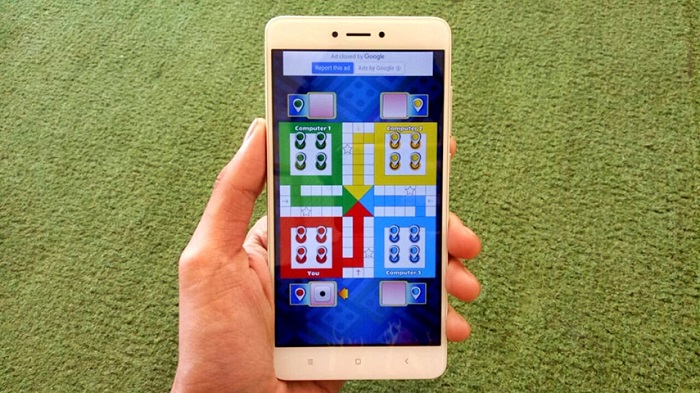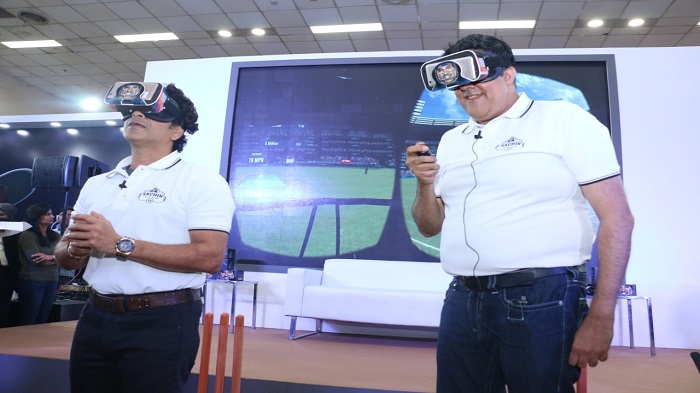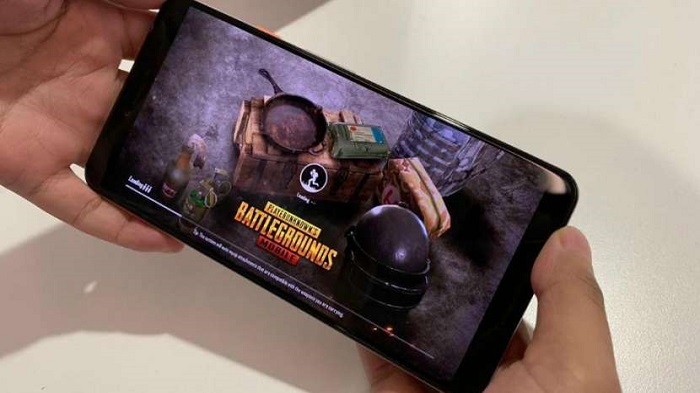Gaming sector has grown exponentially over the last few years. Thanks to digitisation, the game subscriptions and online gaming markets are growing on the back of rising per capita GDP and falling data costs. Not only that, according to the recent FICCI report, over the years online gamers in India have increased 52 per cent to 278 million in 2018. To feed to a wide audience there should be an ample amount of resources and thus game developers around the globe have explored the Indian territory widely. Taking example Nazara continued its acquisition in the casual gaming sector in the first half of the year and Tencent marked its entry into the Indian gaming in 2018.

Thus, the mass consumption of gaming content in India has risen in 2018 with 5 billion game apps downloads which accounted for 71 per cent of total entertainment app downloads. Not only that, experts believe that with more affordable smartphones, internet connectivity and localised language games, rural India will lead the growth of the gaming industry in the next few years. Gaming is now slowly being recognised as mainstream entertainment in India.
Numerous other factors added to the growth of the gaming sector in the country:
- Time spent on gaming increased to over five hours per month on average
- India is now one of the top five markets for mobile gaming globally
- It has over 250 game development companies
- Overseas online gaming companies further strengthened their presence in India
India is now in the top five markets in the world based on the number of users for online and mobile gaming. Smartphones have emerged as the primary device preferred for online gaming with more than 90 per cent of millennials preferring smartphones over gaming PCs and other devices in India. Unlike console gaming, smartphones have brought affordable gaming to users without the hassle of owning expensive hardware and game titles.

89 per cent of all game revenues in India were generated on mobile games. With the growing demand for mobile gaming, many companies have launched dedicated gaming smartphones to capture share in this segment. These gaming smartphones accounted for 1.8 per cent of overall smartphone shipments in 2018 and are expected to reach 6.5 per cent by 2021. And thus online gaming has started gaining traction among a larger Indian population with a lower cost of smartphone devices which have gaming capabilities and reduced internet access cost.
Technology and VR scenario in gaming:
2018 witnessed large investments in gaming hardware and software. Hardware makers are incorporating more features to enable a technologically enhanced experience in gaming. Acer is witnessing 20 per cent growth year of year attributing their gaming laptops and PCs. Asus, which currently occupies 22 per cent share in the gaming PC market is also working towards offering high-tech devices to increase its market share in India. Currently, VR as a technology is picking up in the outdoor entertainment areas in the form of VR rides in malls and VR lounges. It is believed that the uptake of VR for mobile gaming will grow with a reduction in hardware cost.

India, key game development centre :
Gaming companies are increasingly investing in cutting-edge technologies such as VR, AR, AI and blockchain. AR games such as Pokémon Go have garnered a significant positive response in India. India has progressed from being back-end support for game development to developing high-quality games. The segment is on the rise with over 250 game development companies, up from 25 in 2010. And once again, this provides India with the opportunity to become a key game development centre of the world, which can generate $2 billion by 2021, if supported with adequate incentives and policy support. Thus India’s online gaming segment has attracted investments and new launches by several global players. Which includes :
- AGTech, owned by Alibaba and PayTM have launched Gamepind, an online gaming platform for social and casual games. The platform has raised $16 million from the two companies to expand its business in India29
- In September 2018, Tencent invested $100 million in Dream 11 Fantasy which is a fantasy sports platform. This deal provides Tencent opportunity to increase its India presence in gaming as it faces pressure in China where the government is fighting against gaming addiction in children. Tencent plans to invest $200 million in India and is targeting at least one third user base of the country by 2020.

- Mech Mocha, a mobile gaming start-up, raised $10 million from various investors including South Korean and Japanese in October 2018. The transaction was co-led by Neoplux and Accel Partners. Mech Mocha plans to utilise the fund in developing multiple vernacular gaming products.
As Indian online gaming segment grew to reach Rs 49 billion in 2018, a growth of 59 per cent over 2017. It is estimated to reach Rs 120 billion by 2021 at a CAGR of 35per cent with the number of users projected to become 340 million18 by then.
Future outlook
The gaming sector is spreading and aiming big for 2020. Fantasy sports can cross 100 million players within two years sports, particularly cricket will drive the growth of fantasy gaming which can cross 100 million players within two years. Fantasy wrestling and kabaddi would see increased focus as platforms try to broad-base their appeal. Also, multi-player gaming is likely to continue growing radically, following the uptake of PUBG in 2018, subject to the quality of the IP created. Higher per-user revenues can be realized with fibre-based internet and streaming games

While the Chinese market is showing signs of slowing down and regulator control, India will become the next key market for investors, given the growth factors mentioned in this section. Indian gaming companies have already begun to attract investments and are moving forward at a steady pace
